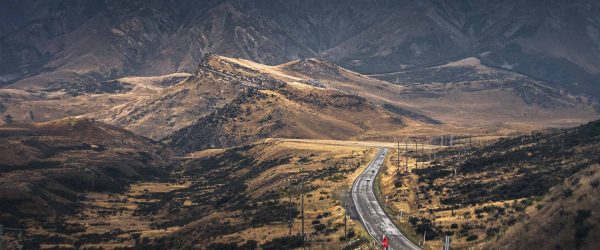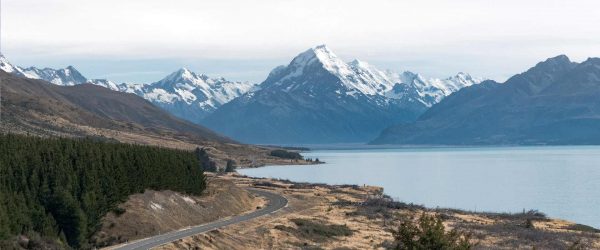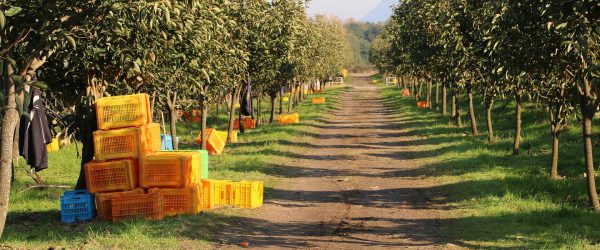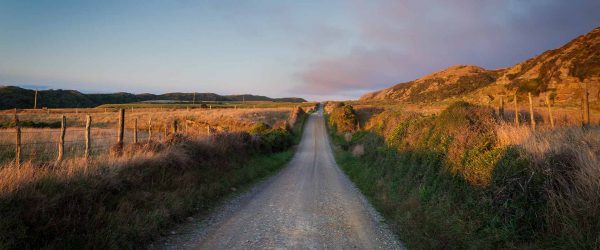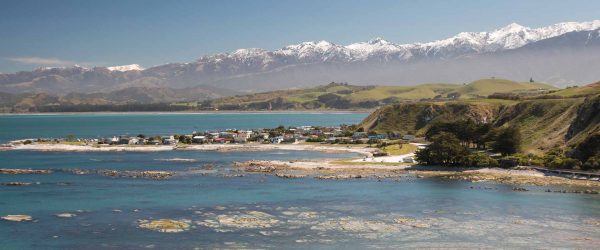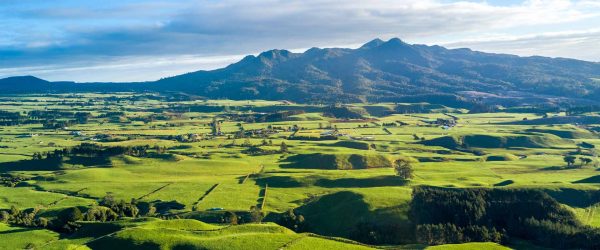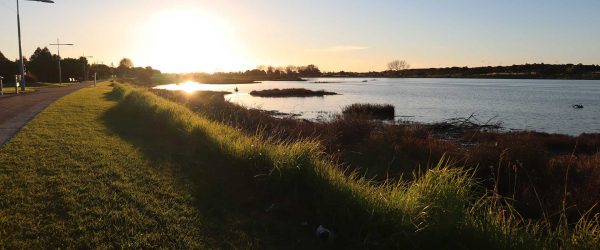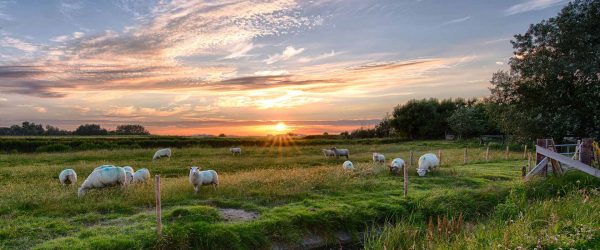Vision
Deep and enduring relationships between Rural team researchers and stakeholders form a platform for world-leading rural disaster risk and resilience research.
Project description
The Rural programme is dedicated to finding innovative solutions for enhancing the resilience of rural Aotearoa New Zealand, to better protect these integral and potentially vulnerable communities and enable them to thrive in the face of natural hazard risks. Central to this approach is using and extending research co-creation approaches successfully tried and tested during Phase 1 of the Resilience Challenge (2015-2019).
We are:
- Continuing to nurture and grow our key partnerships with the six South Island Civil Defence & Emergency Management groups who founded AF8 (Alpine Fault magnitude 8), various organisations involved in the Kaikōura earthquake recovery, and the Ministry for Primary Industries and the National Emergency Management Agency on national disaster policy.
- Developing a new co-creation relationship centred on Taranaki Mounga and the central North Island, in partnership with the Volcanoes, Multihazard Risk, and Whanake te Kura I Tawhiti Nui programmes of the Resilience Challenge.
- Striving to be a leading example of international best practice in disaster resilience researcher-stakeholder co-creation policy and practice leadership by leveraging new and existing partnerships to enable science ‘stretch’ and create opportunities for our research to have direct impact and uptake in practice.
This project will act as a coordinating entity to ensure best-practice co-creation approaches are undertaken by the Rural team and partners.
Resource Outputs from this project
Filipino migrant worker organisations, social capital and disaster resilience: An Aotearoa-New Zealand case study
This study highlights the valuable role that migrant worker organisations can play in mitigating disaster risks.
Context, culture, and cordons: The feasibility of post-earthquake cordons learned through a case study in Kathmandu Valley, Nepal
Developing contextual understanding of post-earthquake cordons and their implications for disaster response and recovery.
Using photovoice for disaster and hazard preparedness: a methodological review
Photovoice can reveal place-based insights including risk perceptions, barriers to preparedness, and opportunities to build community capacity and resilience.
Using the Living Standards Framework to Analyse the Drivers of Social Resilience in a Disaster Management Context
Systematically categorising intangible factors to render them visible to policymakers.
Post-disaster research: challenges and opportunities conversation on disasters: deconstructed on 11th of June 2021.
A discussion of ethical approaches to research, how disaster researchers and practitioners collaborate, engage, and cooperate, and whose voices are centred in post-disaster research contexts.
Introduction to the Kaikōura earthquake special issue
This special issue presents a collection of 12 papers on the 2016 Mw 7.8 Kaikōura Earthquake.
Canterbury AF8 Risk Profiles: Alpine Fault Magnitude (AF8) science Summary for Canterbury
A summary of previous and ongoing scientific research projects related to an Alpine Fault Mw 8.0 (AF8) earthquake event in the Canterbury region.
